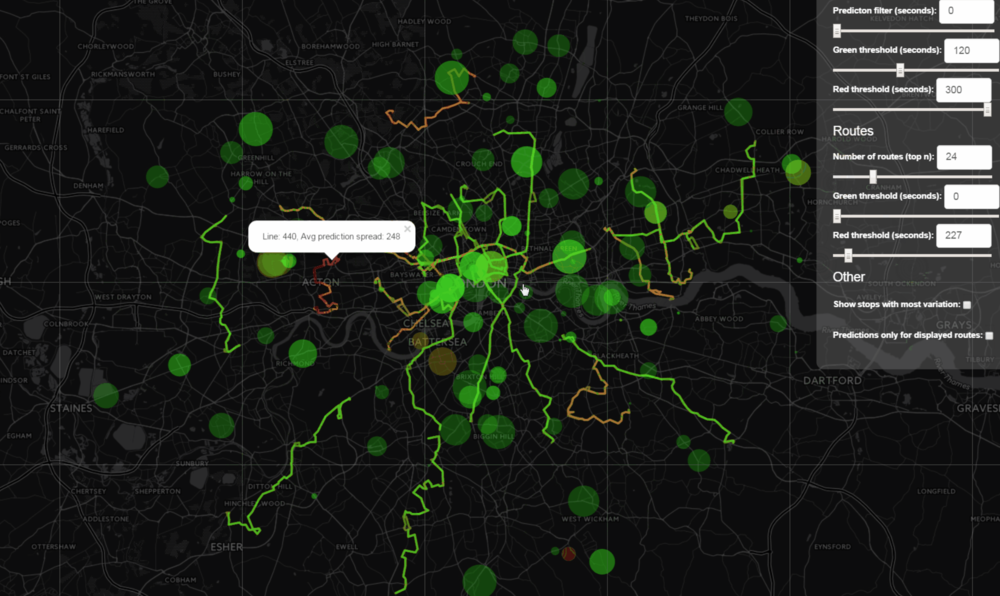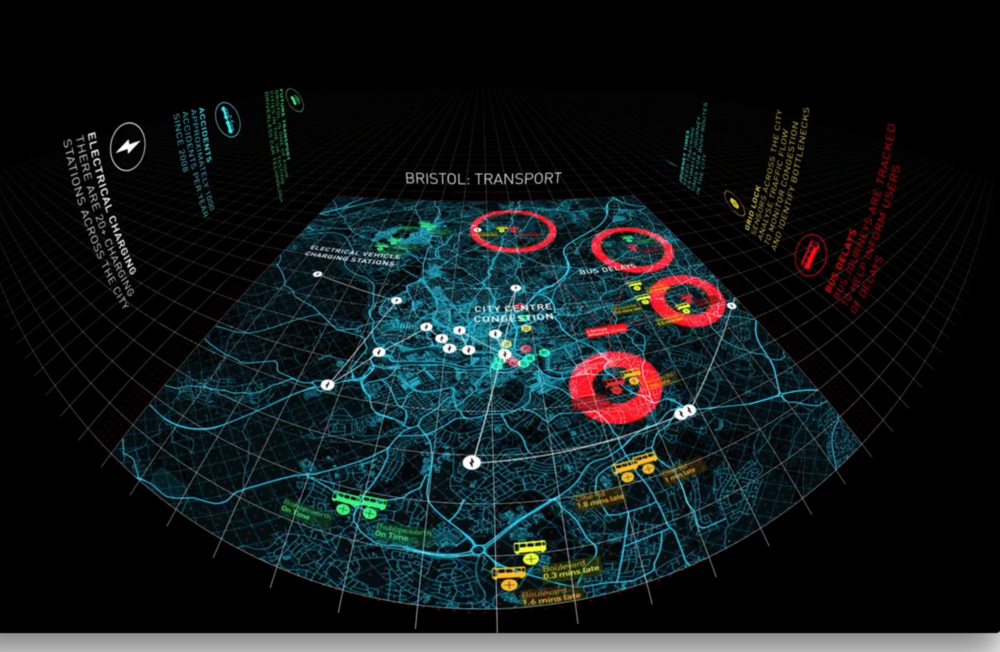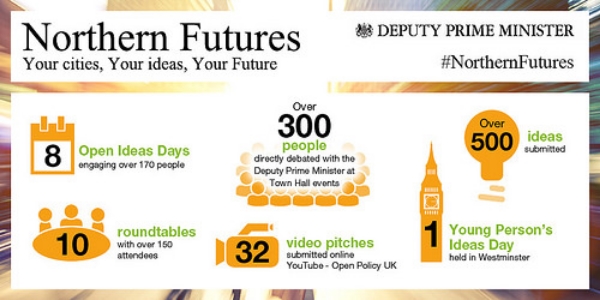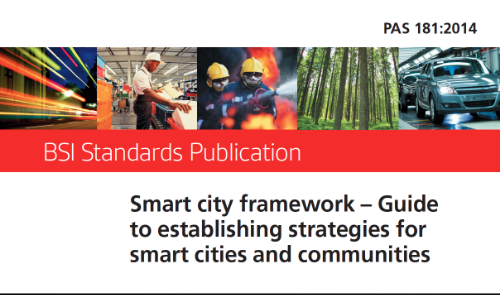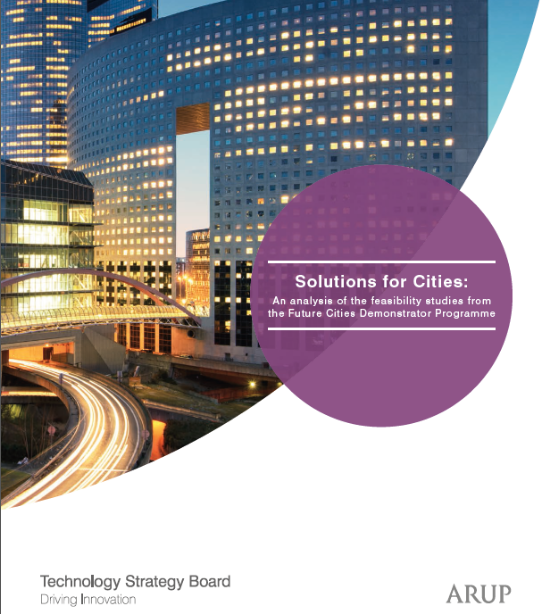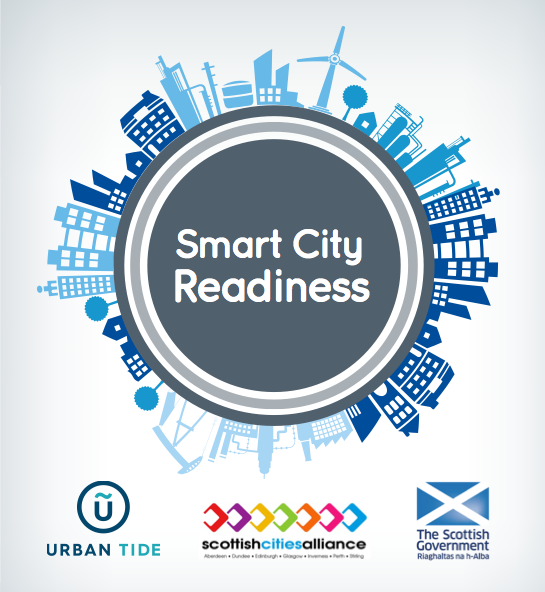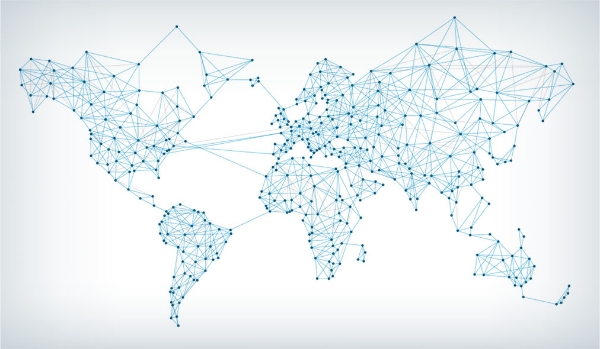Metadata and metadata standards- reflections from our Chief Operational Officer.
Our Chief Operational Officer (COO) Steven Revill has been delivering the Scottish Government’s Open Data Training Pilot for 9 months now and one of the most common discussions cropping up during the sessions is metadata.
August 17, 2016

Here Steven reflects on the discussions he’s had with training delegates about metadata.
Where we are now
The starting point for a lot of the discussions on metadata is the Scottish Government’s Open Data Strategy and Resource Pack, supplemented by other examples. The Scottish Government’s Resource Pack sets out a pragmatic 3 stage process moving from an organisation’s internal standard to Dublin Core and then onwards to DCAT (Data Catalog Vocabulary).
So far, workshop attendees range from those who have hardly used the term metadata to those who have a working knowledge of DCAT. For the majority there is a good understanding of metadata and its benefits but not necessarily the connection to the practical elements of creating metadata.
We have been hearing that the management of metadata in organisations is often done on an individual basis with no clear common standards being used and in fact is seems the perceived need for a standard is not really understood. My understanding from discussions is that data is often used only for the purpose for which it is collected, maintained or updated only for the necessary period and often no more is done. When data is shared it is usually shared with practitioners so closely aligned to it that a level of understanding is already high and little needs to be said. Because data sharing is not often the norm in a data landscape, neither are metadata standards.
This is not to say that people are not seeing the value when it comes to open data, especially people we’ve met working in libraries or with maps. One of my favourite quotes from a participant at the training is that ‘DCAT would be the norm on the Internet if the Internet was created by librarians!’
For those with a Geographic Information Systems (GIS) background, the use of metadata to help people access and use data is quite normal. We’ve also trained geographers who deliver a type of open data such as delivering against the EU INSPIRE Directive and applying the UK Gemini 2 Specification for metadata. But whilst these groups or teams have data sharing agreements or may have implemented standards around metadata, they are often not any type of standard such as Dublin Core.
Overall, the tone of the training indicates to me that most people understand the concept of metadata and how it applies to open data but when it comes to open data delivery, they are more concerned about other elements like a simple agreement for the publication of datasets or deciding where to host them.
Next steps
Interestingly, metadata is rarely mentioned by delegates in post training questionnaires and maybe that is because it is an issue that can be resolved either through embedding new processes or by providing an ad-hoc process at the point of publication. As one delegate said, 'Applying new metadata standards on historic data sets would in itself be incorrect'. Regardless, it is an issue which can to a certain extent be parked until a point it is absolutely necessary.
Discussions I’ve had during training indicate that moving towards more adoption of metadata use and publication will get the best traction and results if it is embedded in data governance processes throughout the organisation and that open data needs to be a part of the governance processes from the outset. In my opinion, all tools used to store and manage data should assist this process and all tools used to publish the data should simplify and allow for mandating of open data metadata.
Like with open data there is more to be done, and whilst the embedding of metadata and processes for open data publication should be the long term goal, there is also a benefit in getting started to further fuel the demand. Making data open is putting data on the Internet to be 'useable by all' as noted in the Scottish Government’s Open Data Strategy. To do this, 'all' need to understand the data and the data provider must provide enough additional information to describe the data itself to allow people to use and reuse it. We call this data about the data, metadata.
More
Unlocking Ireland's Data Potential: Navigating the Open Data Directive with UrbanTide
News

UrbanTide's Commitment to Security: Officially ISO 27001 Certified!
News

uZero was awarded the edie Net Zero Innovation of the Year: Software, Systems & Services Award
News
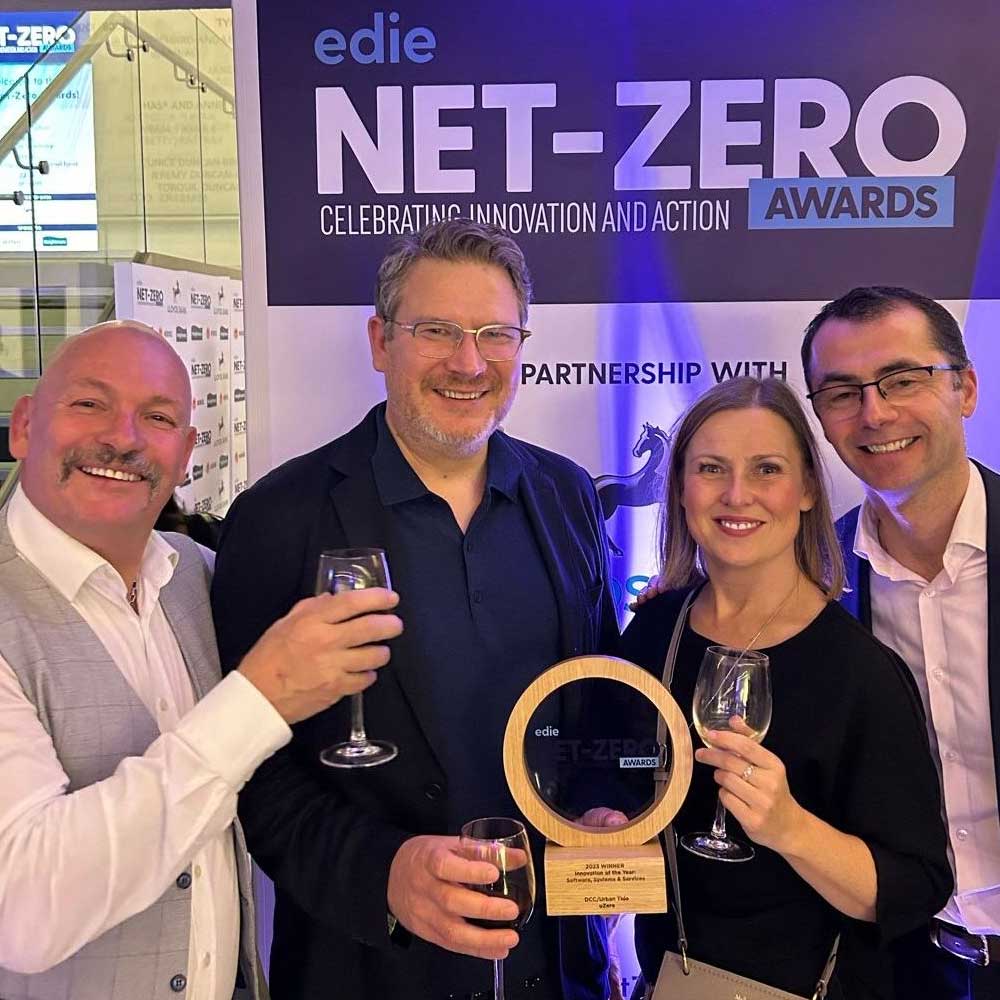
Tackling the growing fuel poverty crisis and supporting the Just Transition to net zero
News

Low Carbon Homes’ Home Upgrade Show: Innovations in Retrofit
News
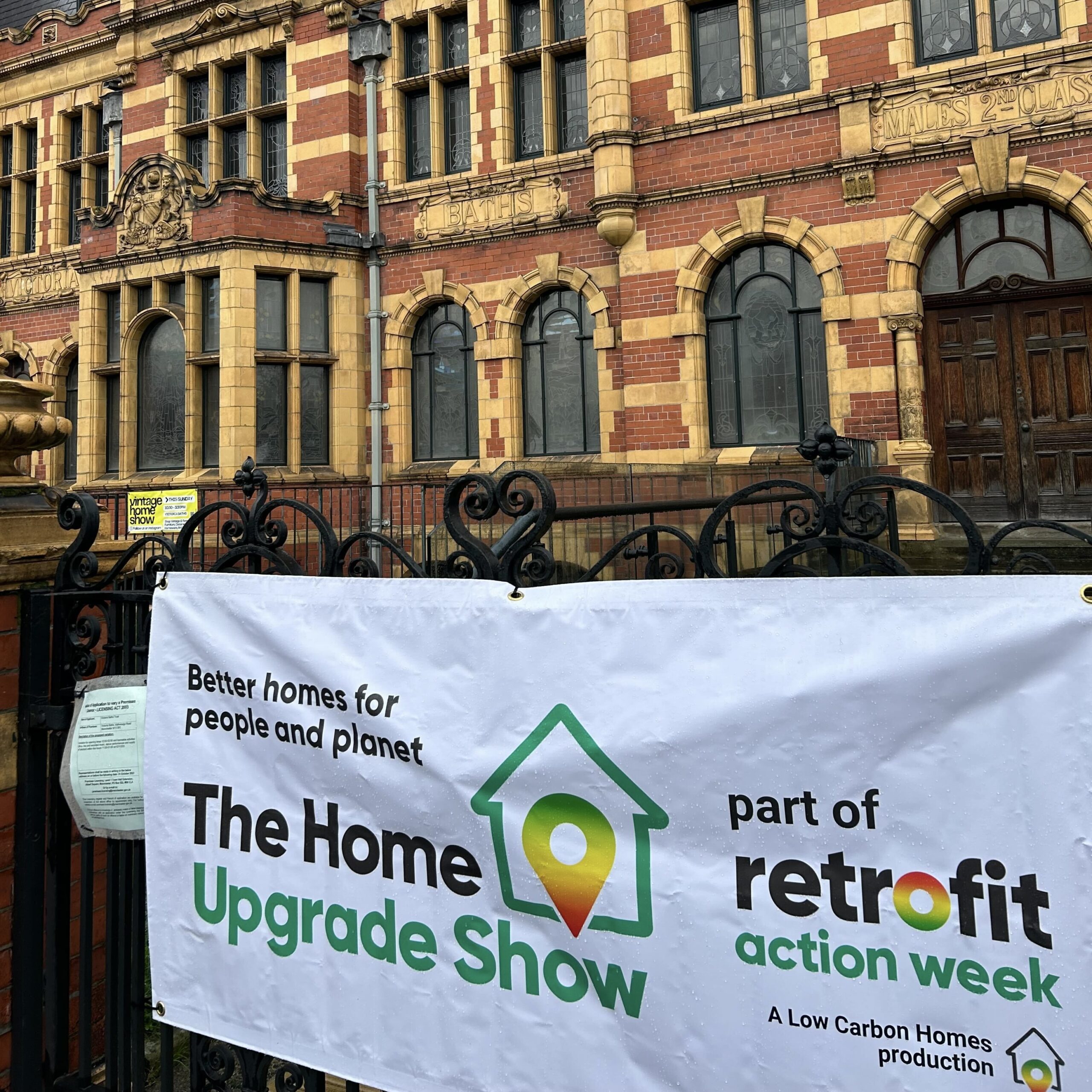
Data Integration and Collaboration are critical for the future of Transportation: Insights from JCT Symposium
News

uMove to support Bedfordshire Council to achieve ambitious sustainability plans
News

Active travel, the current challenges and solutions
News

Using the power of data to build cities of tomorrow
News

uMove supports the Smart Manuals for Streets programme from DfT
News

Scotland's Cycling Framework Makes Infrastructure Greatest Priority
News

Reducing emissions and improving health with active travel
Cycling Scotland

Targeting energy-efficiency campaigns to households most in need
Greater South East Net Zero Hub

Protecting an aging population from fuel poverty
Dartford Borough Council and Dover District Council

Identifying households eligible for energy grant support
The Wise Group

Facilitating active travel behavioural change with data
SEStran

Helping identify customers in or at risk of fuel poverty.
UK Power Networks

Open data promotes transparency, builds trust and empower citizens
Ireland Open Data Training
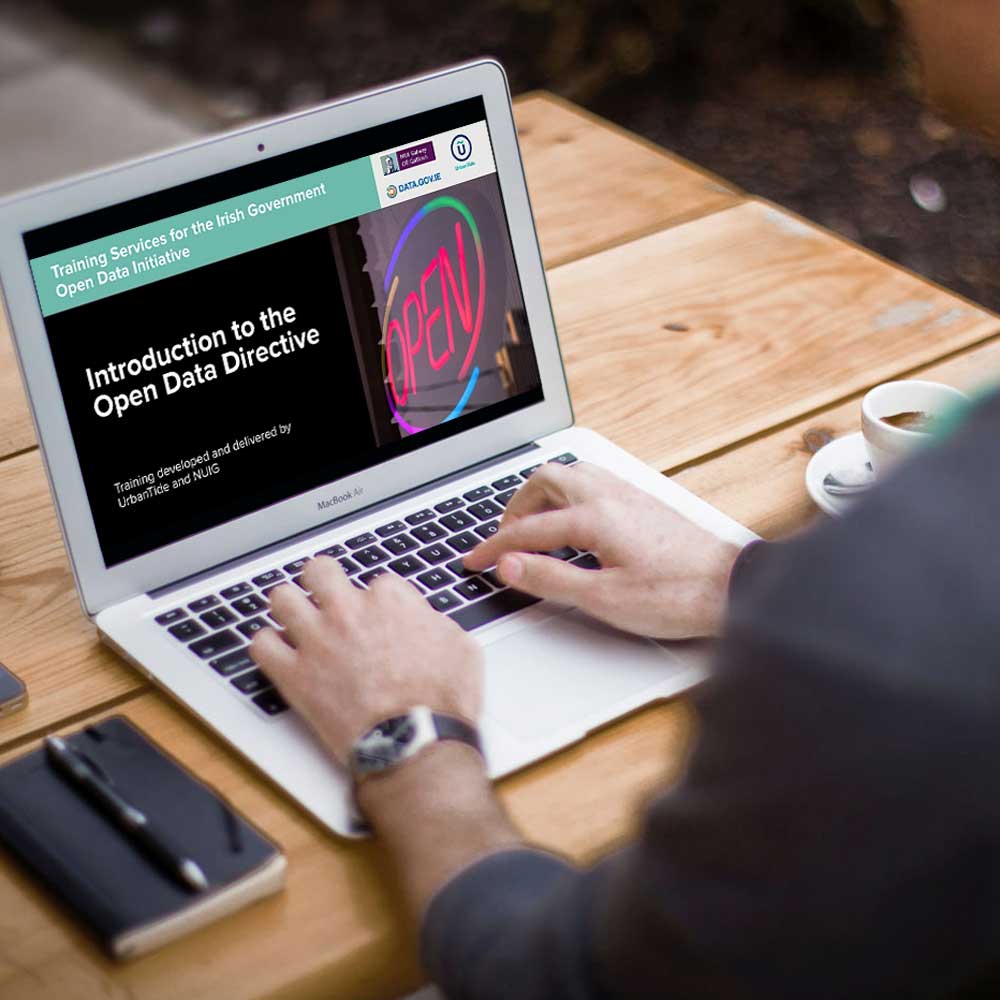
Identifying and unlocking new revenue from business rates with AI
North Lanarkshire

Tackling the growing
fuel poverty crisis with data and AI
UKRI

Understanding how we live and use our homes with real-time energy data
Smartline

Managing the impact of noise pollution on our cities
Noiseability

Accelerating the transformation of the UK’s energy systems
Energy Systems Catapult

Creating an integrated, affordable low-carbon energy system of the future
ReFLEX Orkney
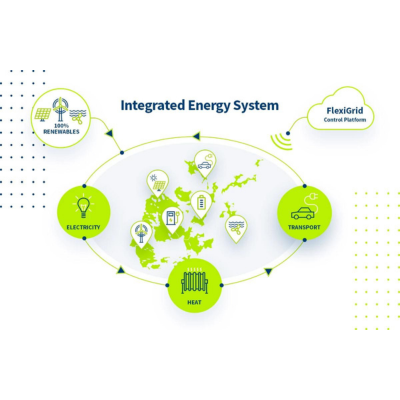
Investing in sustainable transport infrastructure to become carbon neutral
Somerset County Council

Identifying ageing households at risk of cold and damp home
Sunderland City Council

Innovate UK funding to help our Planet Centred approach to retrofitting Europe’s leakiest homes
News

Open data is now a legal requirement in Ireland and the EU
News

New ‘uZero’ Artificial Intelligence software could help millions with their fuel bills
News
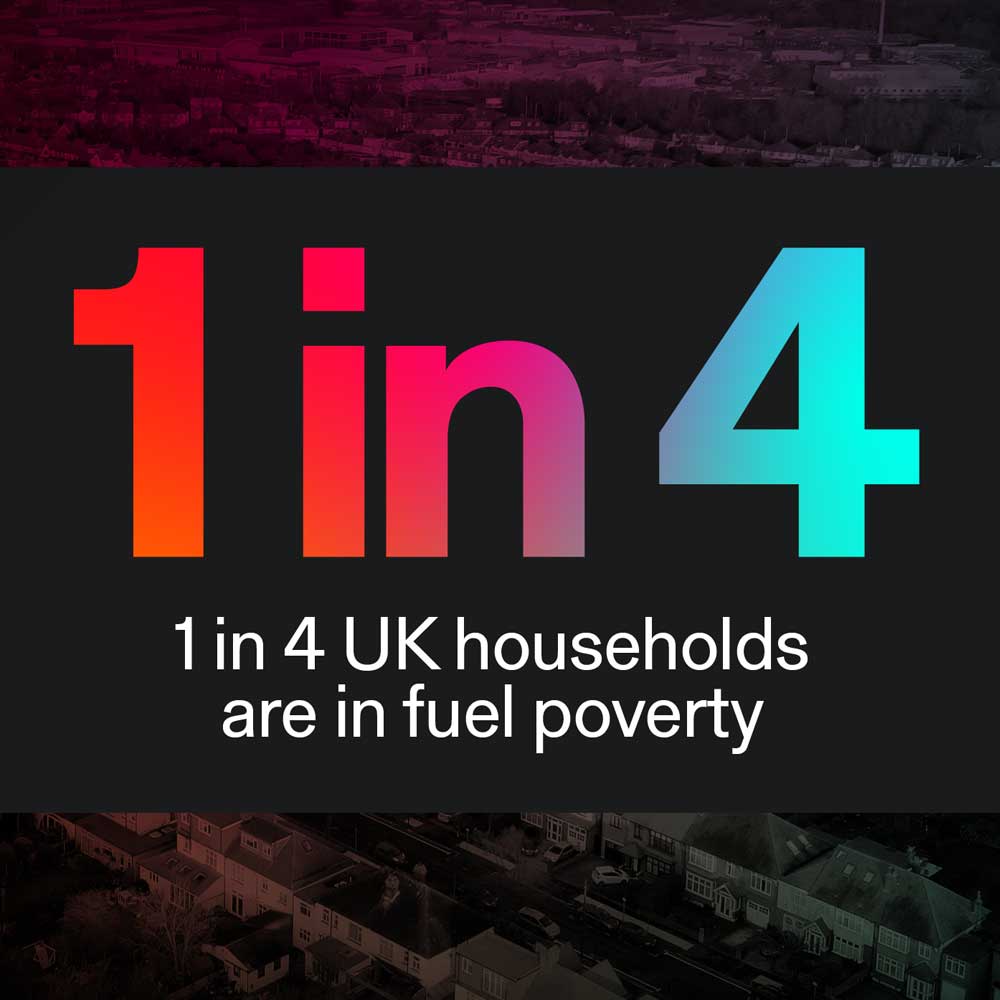
UrbanTide helps secure £48 million funding for Scottish Cities Alliance
News

UrbanTide leads £24 million program to make Glasgow a Future City
News

Building smart communities for OPEN Glasgow Engagement Programme
News

UrbanTide launches IoT data insights platform, uSmart
News
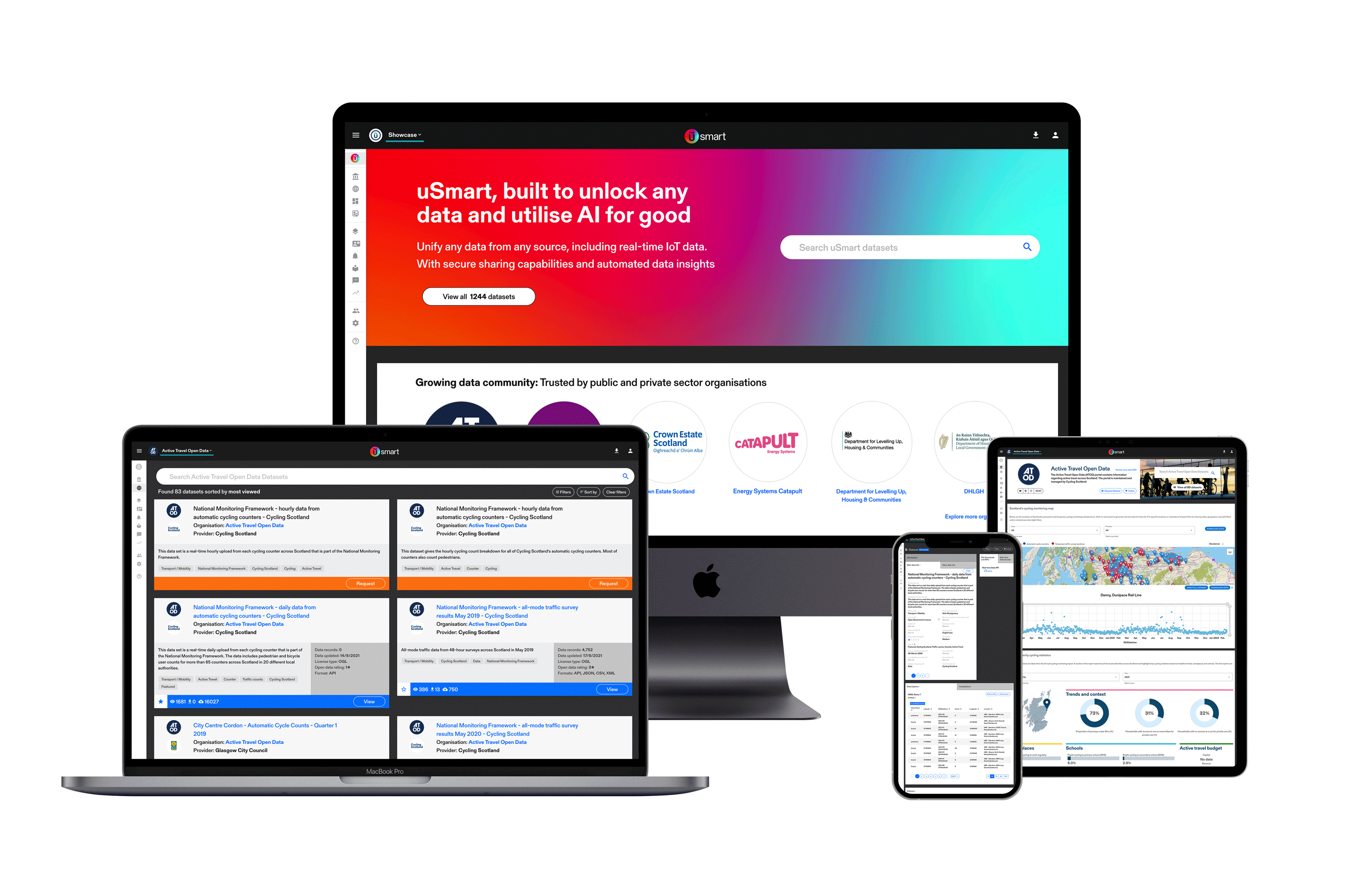
uZero announced as UKRI MEDA competition winner
News

Social Connect is a unique UK Power Networks (UKPN) innovation project
News

UrbanTide announces partnership with Energy Systems Catapult
News

UrbanTide marks four years of Open Data training in Ireland
News

Noisability: UrbanTide wins major bid as part of SynchroniCity program
News

UrbanTide joins prestigious Artificial Intelligence accelerator
News

UrbanTide recognised at ScotlandIS Digital Technology Awards
News

ODI publishes case studies that show how open data can be used in service redesign
News

UrbanTide teams up with North Lanarkshire Council to make better services with data
News

UrbanTide, Snook and North Lanarkshire Council announced as finalists for the 2018 Digital Technology Awards
News

Innovative smart communities IoT project powered by USMART
News

The Power of Data Science in the Health and Care Sector
News

UrbanTide to help transform Ireland by unlocking the power of open data
News

Stay ahead of the curve by learning more about these new smart cities standards
News

#DataFest17 - 12 key lessons we learned about smart cities, communities and the future of data
News
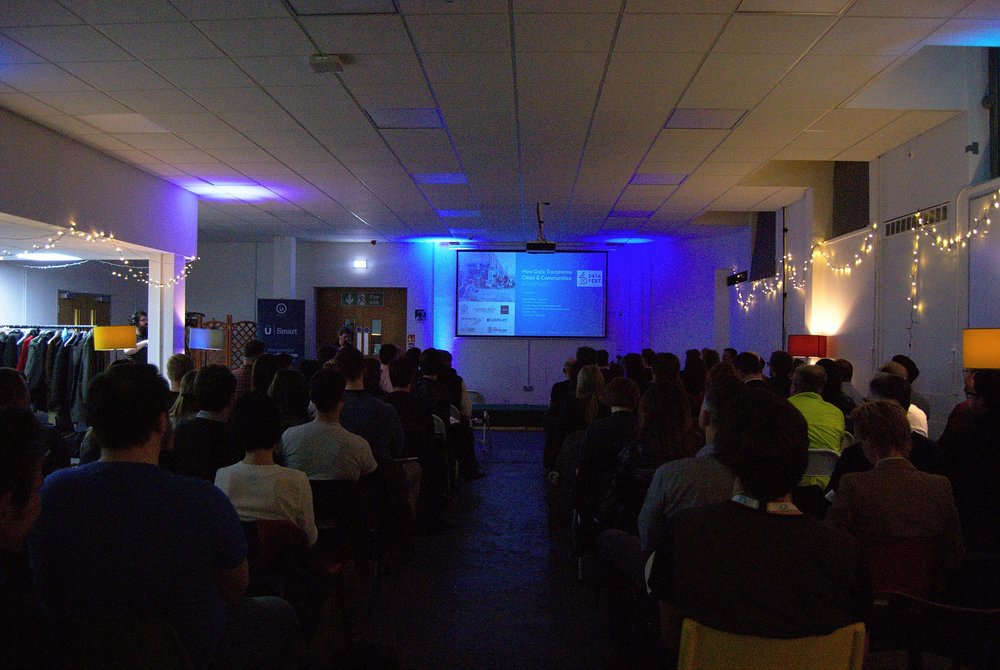
Emerging ideas for a renewed (Y)Our Glasgow City Centre
News

Future Health Hack - building the future of healthcare one line of code at a time
News
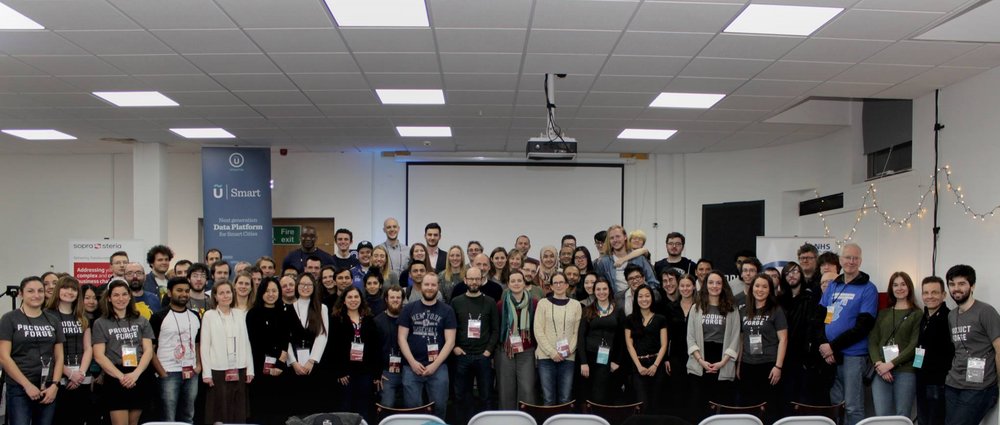
Meet our API Data Explorer – aka your new best friend if you are working with big data
News

Car parks ‘extinct’ in smart cities of the future?
News

3 awesome USMART features - with more coming soon!
News

Data scientists and USMART: a match made in heaven
News

We are now Regional Supporters of Open Data Impact Map
News

Next generation open data platform looking for beta testers!
News

Glasgow city centre regeneration - how smart can Glasgow be?
News

Open data - is the open private sector the next frontier?
News

Open data everywhere! Review of open data maturity in Europe, UK and Scotland
News

Feedback from our year delivering open data training for Scottish Government
News

Announcing our new open data training programme
News

Glasgow City Centre District Regeneration Frameworks
News

Metadata and metadata standards- reflections from our Chief Operational Officer
News

All about our Smart Cities Maturity Self-Assessment Tool
News

Open data training for Scotland's public sector
News

Engage - invest – Exploit (EiE) or Enjoyable - interactive - Experience (EiE)
News

UrbanTide and India: 5 Lesson's Learned from Simon's Trip to the Subcontinent
News

Cisco and the Smart Cities Council: 4 Messages from America...
News
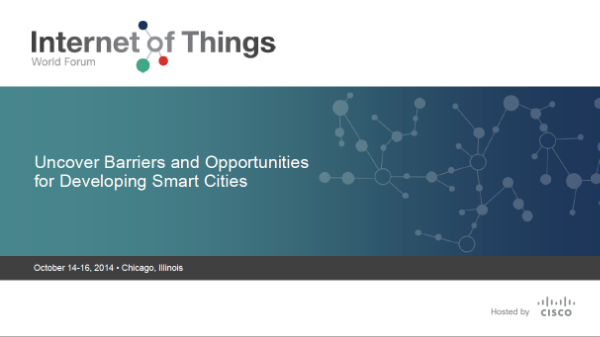
Edinburgh continues to iterate, and then iterate again
News

Start your journey
Take a look at our product page to find out which UrbanTide AI tool has been designed for your needs.
Find out how we can support your data and AI projects and see our growing AI portfolio in action.













